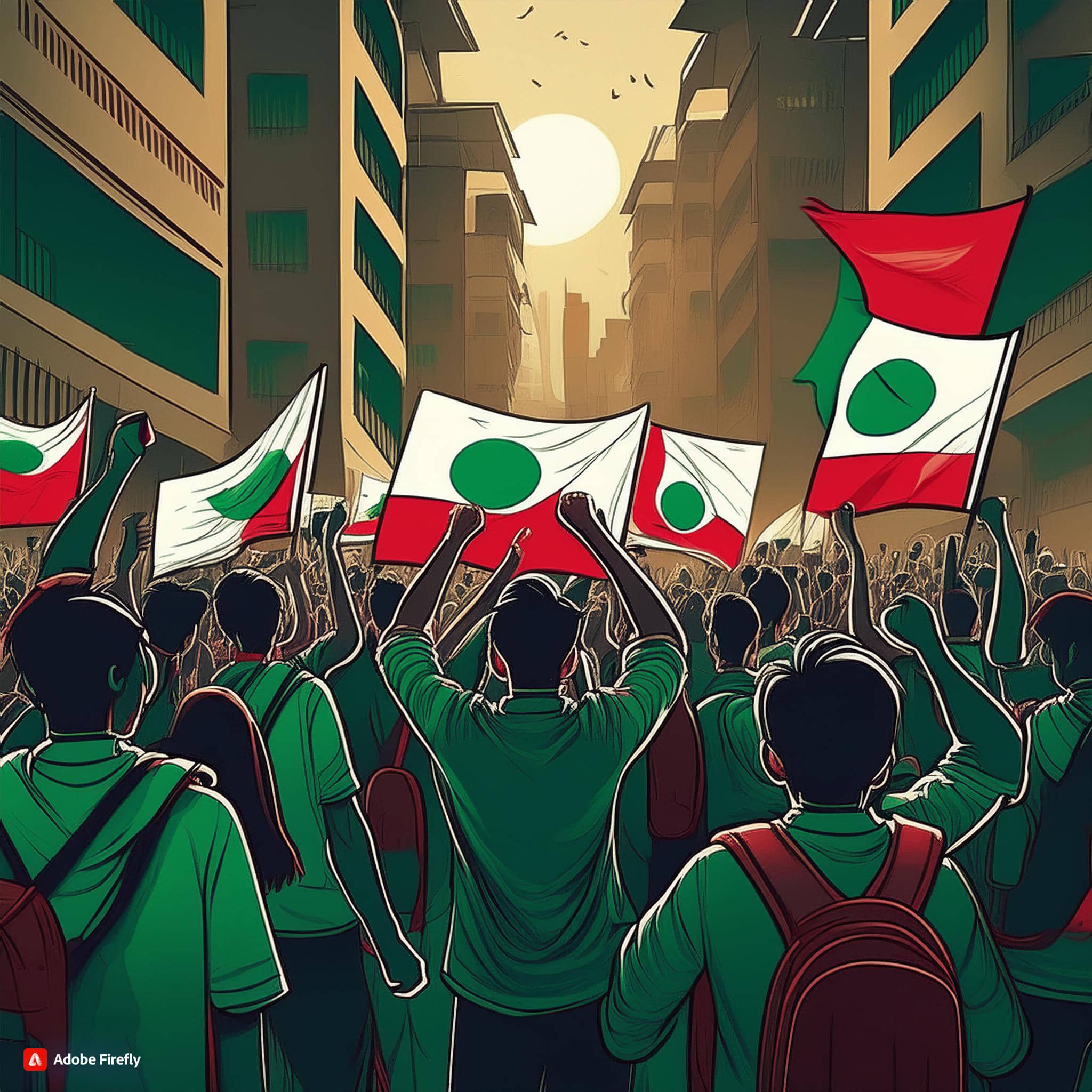Bangladesh, the protests that initially targeted the government’s job quota system favoring “freedom fighters’” children have evolved into a broader movement. Demonstrators now challenge not only the quota policy but also the government’s violent crackdown, high corruption, and lack of accountabilit

Legal AI associate for drafting & compliance
For over ten days, students and youth in Bangladesh have been protesting against a government job quota system that favors children of “freedom fighters” from the Bangladesh war of independence. The government’s violent response has escalated the protests beyond the initial demand to cancel the quota system, resulting in a broader list of demands circulated through an underground press release.
Protest Demands
- Prime Minister’s Apology: The prime minister must take responsibility for the mass killings of students and publicly apologize.
- Ministerial Resignations: The home minister and the road, transport, and bridges minister, who is also the Awami League’s secretary general, must resign from their cabinet positions and the party.
- Police Accountability: Police officers present at the sites of student killings must be sacked.
- University Leadership Changes: Vice Chancellors of Dhaka, Jahangirnagar, and Rajshahi universities must resign.
- Arrests of Attackers: Police and instigators who attacked students must be arrested.
- Compensation: Families of the killed and injured must be compensated.
- Reopening of Educational Institutions: All educational institutions and halls of residence must be reopened.
- Protection Against Harassment: Guarantees must be provided that no academic or administrative harassment of protesters will take place.
- Ban on Bangladesh Chhatra League (BCL): The pro-government student wing must be banned from student politics, and a student union must be established.
Prime Minister’s Response
- The prime minister’s refusal to apologize is a major sticking point.
- Her history includes election rigging and high corruption during her tenure.
- Ministers are crucial for maintaining control and unlikely to be discarded.
- University leaders and police might be easier to replace.
- Compensation and reopening institutions are less contentious than banning the BCL.
Current Situation
- The death toll is significant but unclear due to internet shutdown and throttled mobile connectivity.
- International news estimates over 100 deaths, likely an underestimate.
- Hospital staff report over 200 bodies in some cases.
- Families often take bodies home to avoid police involvement.
Government Crackdown
- Internet shutdown has made information dissemination difficult.
- Government uses helicopters, firing shots and dropping tear gas from above.
- Police actions include dragging bodies off streets and firing from unmarked cars.
- Curfew imposed, leading to disturbing scenes like a human brain on a tarmac.
Public Reaction
- Government’s use of armored personnel carriers and shoot-on-sight orders have not deterred protesters.
- Violent responses include lynching of police officers and burning offices.
- Protests have severely impacted daily lives of working-class Bangladeshis.
- Despite suffering, there is widespread public solidarity with protesting students.





